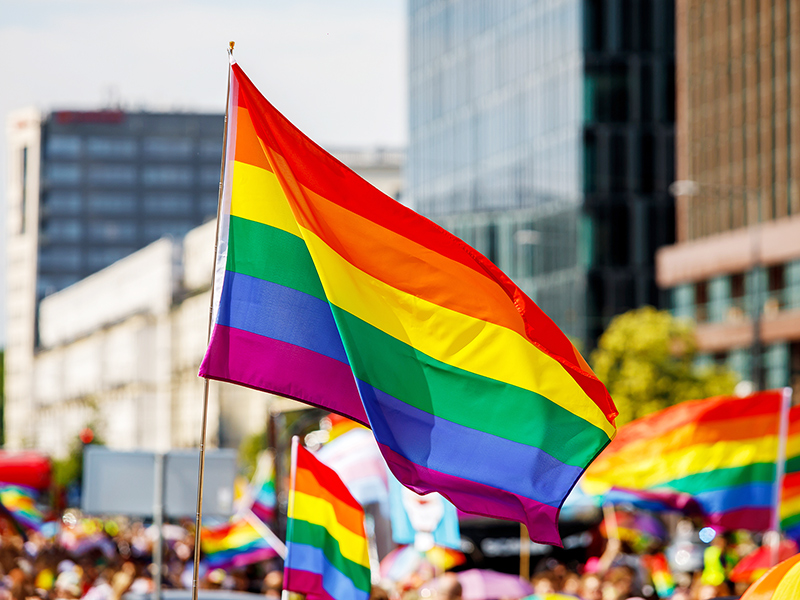
Authors
-
Peter Nestor
Former Director, BSR
Slavery is illegal in almost every country on earth. Yet modern slavery in all its forms—from confiscation of worker identification documents to bonded labor and forced overtime—is tragically widespread. A 2012 survey by the International Labour Organization (ILO) estimated that around 21 million globally were victims of human trafficking, the trade of humans for commercial sexual exploitation or forced labor. Human trafficking is estimated to be the third-largest international crime industry, ranking only behind illegal drugs and arms trade, and with profits in excess of US$150 billion.
Global value chains, which involve layers of contractors, subcontractors, recruiters, and labor brokers, put businesses at risk when a third party knowingly or unknowingly employs victims of human trafficking. Oversight is difficult to establish and maintain, and industries such as agriculture, construction, and manufacturing frequently struggle to guarantee supply chains that are free of trafficked workers.
The U.K. Modern Slavery Act and other regulations now require companies around the world to disclose steps they are taking to eradicate modern slavery. It is no longer enough to respond reactively or only to isolated reports: Businesses have a responsibility to ensure that their entire value chains are free of modern slavery and to empower their suppliers to do so, too. Companies are now expected to adopt a proactive approach to eliminating modern slavery, rather than merely responding to the problem.
What’s less clear is exactly how businesses can help eradicate modern slavery in meaningful ways. Adopting a policy, developing training, and engaging with suppliers are necessary steps in the right direction. But the scale and complexity of modern slavery is too large for companies to tackle alone.
To address this challenge, BSR is pleased to announce its appointment as secretariat of the Global Business Coalition Against Human Trafficking (gBCAT), which provides a collaborative space for companies to advance the fight against modern slavery. A group of companies passionate about finding solutions to human trafficking founded gBCAT in 2010 and tasked BSR with expanding the group’s scope and capacity for impact.
Building on gBCAT’s foundations, the group has three objectives. First, gBCAT will provide a space for companies to share best practices on internal management needs—responding to the U.K. Modern Slavery Act, adopting corporate policies, and developing internal training programs. We envision working closely with other organizations to ensure that we are disseminating the latest best practices in the field and not reinventing the wheel.
Second, the group will generate cross-industry case studies on what’s actually working in the field to protect people from trafficking and modern slavery. To achieve this, we will conduct in-field pilot projects, share in-field experiences from participating companies, and build collaboration with other groups and companies working on the ground in high-risk markets. The group aims to publicize its findings and will encourage companies to advance solutions that provide the highest positive impact for victims.
Finally, the group will provide a platform for public engagement and awareness-raising. The group encourages engagement with others developing solutions and seeking to collaborate with businesses.
We invite companies from all industries to join gBCAT as we begin the journey of developing a powerful collaboration to tackle the most complex labor issue of our time.
BSR’s latest sustainability insights and events straight to your inbox.
Topics
Let’s talk about how BSR can help you to transform your business and achieve your sustainability goals.







